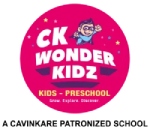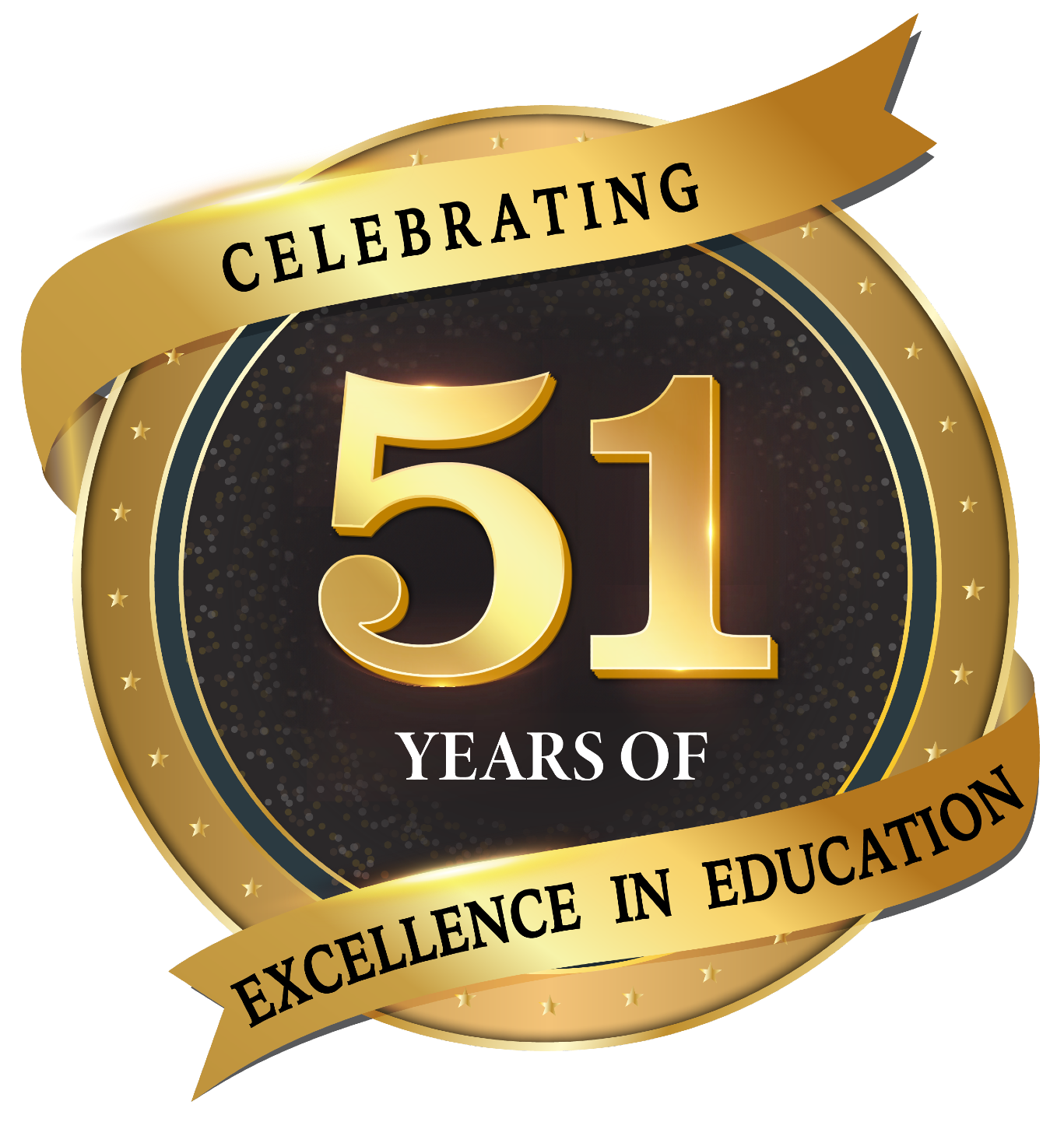Medical Terminology

Introduce medical terminology to the kids, For example, Medical tools, Anatomy basics, common ailments, health and hygiene, vaccination etc.
Medical Terminology for Kids at CK Wonder Kidz School
At CK Kidz School, we believe in educating our students about health and wellness from an early age. Understanding basic medical terminology empowers children to communicate more effectively about their health and fosters a lifelong awareness of personal well-being. Our age-appropriate medical terminology program is designed to make learning about health fun and engaging.
⦿ Understanding the Human Body
We introduce children to the basic anatomy of the human body, helping them learn the names and functions of different body parts:
- Head and Face: Eyes, ears, nose, mouth, teeth, hair, and skin.
- Upper Body: Neck, shoulders, arms, hands, fingers, chest, and back.
- Lower Body: Hips, legs, knees, feet, and toes.
- Internal Organs: Heart, lungs, stomach, brain, and muscles.
⦿ Common Health Terms
We teach children simple terms related to common health issues and medical conditions:
- Cold and Flu: Symptoms like fever, cough, sneezing, and sore throat.
- Allergies: Terms like rash, itchiness, sneezing, and swelling.
- Injuries: Words like bruise, cut, scrape, and fracture.
- Basic First Aid: Bandage, ointment, ice pack, and antiseptic.
⦿ Hygiene and Safety Vocabulary
Understanding hygiene and safety is crucial for children's health. We teach them terms related to personal care and safety practices:
- Handwashing: Soap, water, germs, and clean.
- Dental Care: Toothbrush, toothpaste, cavity, and dentist.
- Food Safety: Healthy, balanced diet, vitamins, and nutrition.
- Safety: Helmet, seatbelt, emergency, and 911.
⦿ Doctor Visits and Check-Ups
We familiarize children with terms they might encounter during a doctor’s visit:
- Routine Check-Up: Height, weight, temperature, and blood pressure.
- Medical Tools: Stethoscope, thermometer, X-ray, and syringe.
- Health Professionals: Doctor, nurse, pediatrician, and pharmacist.
⦿ Healthy Lifestyle Choices
Promoting a healthy lifestyle involves understanding various health-related terms:
- Exercise: Fitness, activity, energy, and strength.
- Sleep: Rest, bedtime, dreams, and nap.
- Mental Health: Feelings, stress, happy, and calm.
⦿ Engaging Learning Methods
To make learning medical terminology enjoyable and memorable, we use various engaging methods:
- Storytelling and Role-Playing: Children participate in role-playing activities where they act as doctors, nurses, and patients to understand medical terms in context.
- Interactive Games: Educational games and puzzles help reinforce medical vocabulary in a fun way.
- Visual Aids: Charts, diagrams, and flashcards make it easier for children to remember and understand medical terms.
- Visits from Health Professionals: Guest visits from doctors, nurses, and dentists provide real-world connections to the terminology.
⦿ Benefits of Learning Medical Terminology
- Improved Communication: Children can describe their symptoms and health concerns accurately.
- Increased Health Awareness: Knowledge of medical terms fosters better personal health practices.
- Reduced Anxiety: Familiarity with medical terminology can reduce fear and anxiety about doctor visits and medical procedures.
- Foundation for Future Learning: Early exposure to medical terminology sets the stage for more advanced health education in the future.
At CK Wonder Kidz School, our goal is to equip children with the knowledge and skills they need to take charge of their health. By making medical terminology accessible and fun, we help children become confident and informed about their well-being.

